Good News! 9 Positive Environmental Stories from April 2021

Get news, updates, & event Info delivered right to your inbox:
9 Good Environmental News Stories from the Past Month that will Make You Smile
We're happy to share that April 2021 was our best Earth Month ever! Despite still navigating a global pandemic, we were still able to take lots of action for Earth Month — and based on all of the positive environmental news we're seeing, we weren't the only ones! This month was full of community action, new wildlife discoveries, robots saving the environment, and historical policy changes that will give you lots of hope for the future. Even though Earth Month is coming to a close, let's stay Earth focused for a little while longer with some positive environmental news that will help us celebrate Earth Day every day for the rest of 2021 and beyond!
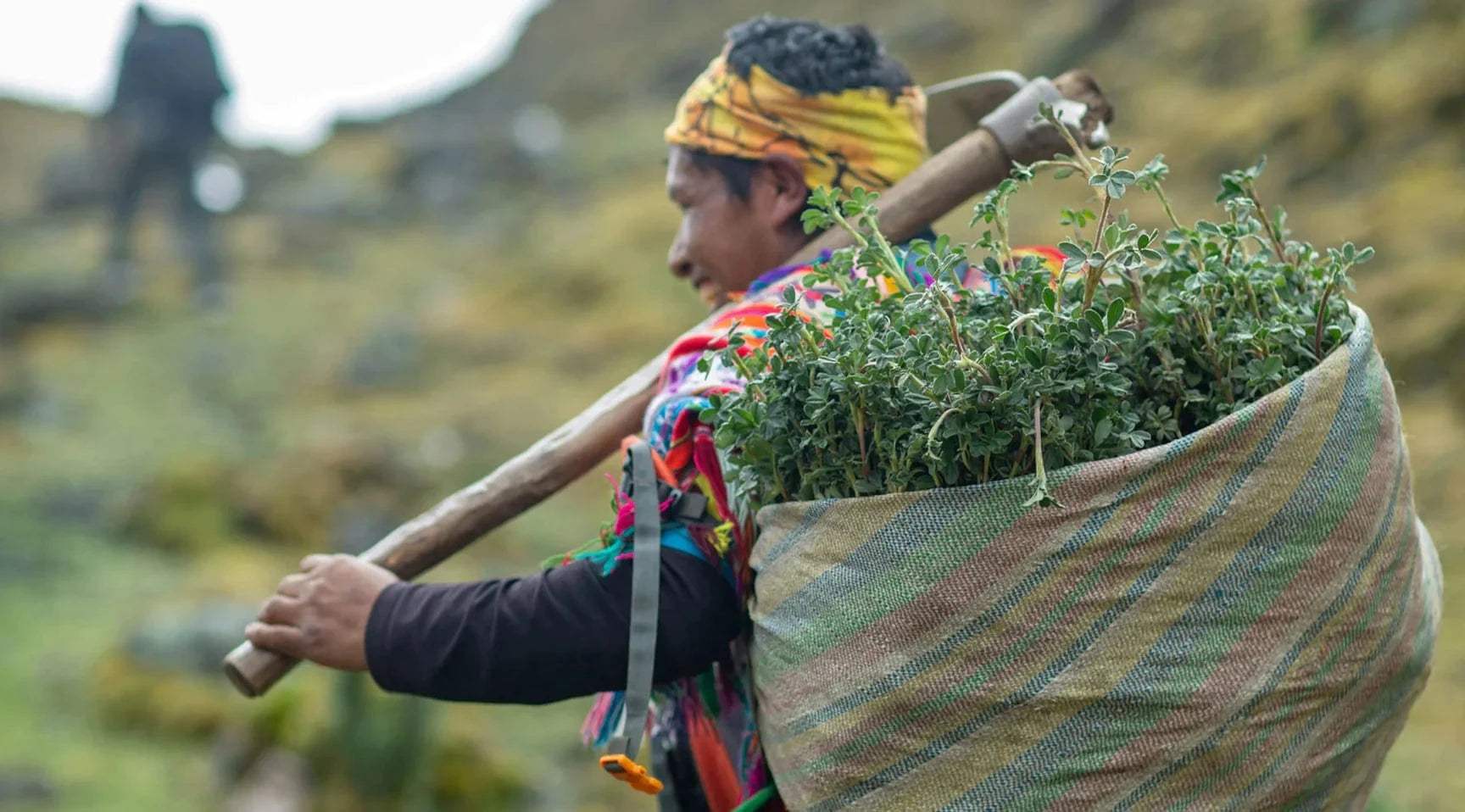
Humans Sustainably Managed Much of Earth’s Lands for Thousands of Years, Study Affirms
Most of us in the conservation realm have already made the connection that Indigenous People are the best defenders and caretakers of our forests. And a recently released study only confirms that Indigenous People are the most skilled at caring for biodiversity. Scientists looked at maps of human habitation over the last 12,000 years and found that during that time, almost 3/4 of Earth's land surface was sustainably cared for by Indigenous societies. The study concludes that human presence in a landscape doesn't guarantee environmental destruction.

Killer Farm Robot Dispatches Weeds with Electric Bolts
Killer robots that could be used for sustainable agriculture? Sounds fun! It's not what you think: THIS robot kills weeds! Using artificial intelligence, it operates with a black electrode that descends on pesky interlopers and delivers an 8,000-volt blast and then POOF! Weeds be gone! The robot is part of an initiative to cut back on pesticides with hopes of offering a more sustainable future for farming — especially as farms are being pushed to produce more food at a faster rate.
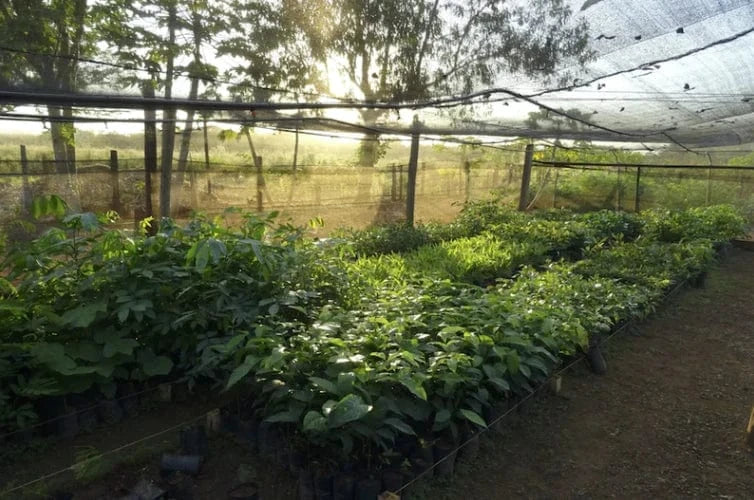
Planting 1 Million Trees in Brazil to Create South America's Largest Biodiversity Corridor
For this initiative, One Tree Planted has partnered with the Black Jaguar Foundation to support an ambitious plan to create South America’s largest biodiversity corridor. Following propagation of seedlings in nurseries and extensive planning with farmers and technical experts, the first large-scale planting is kicking off this year with the establishment of 950,000 indigenous trees across the Brazilian states of Tocantins and Pará.
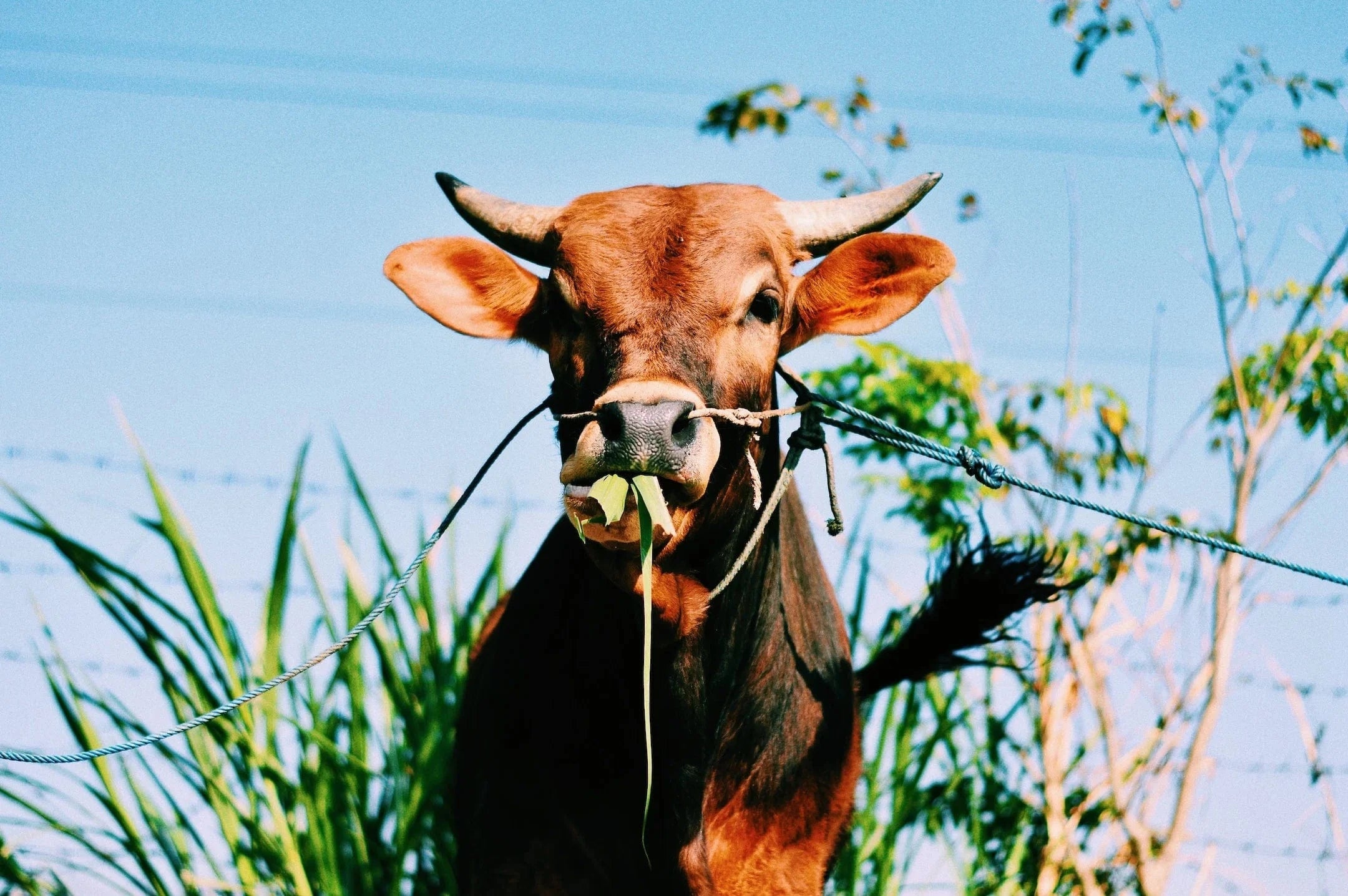
A Seaweed Diet Could Reduce Cattle’s CO2 Emissions
Cow burps are a significant contributor to climate change. This is due to the methane produced in their stomaches from eating grass. According to the United Nations, cow burps are responsible for 14.5% of the world’s annual greenhouse gas emissions. To address this, researchers have spent the last 2 years studying how adding algae to cow's feed could potentially decrease methane in beef production. The verdict? It appears that methane was consistently reduced by 20% across the board. Happy burping!Cow burps are a significant contributor to climate change. This is due to the methane produced in their stomaches from eating grass. According to the United Nations, cow burps are responsible for 14.5% of the world’s annual greenhouse gas emissions. To address this, researchers have spent the last 2 years studying how adding algae to cow's feed could potentially decrease methane in beef production. The verdict? It appears that methane was consistently reduced by 20% across the board. Happy burping!Cow burps are a significant contributor to climate change. This is due to the methane produced in their stomaches from eating grass. According to the United Nations, cow burps are responsible for 14.5% of the world’s annual greenhouse gas emissions. To address this, researchers have spent the last 2 years studying how adding algae to cow's feed could potentially decrease methane in beef production. The verdict? It appears that methane was consistently reduced by 20% across the board. Happy burping!Cow burps are a significant contributor to climate change. This is due to the methane produced in their stomaches from eating grass. According to the United Nations, cow burps are responsible for 14.5% of the world’s annual greenhouse gas emissions. To address this, researchers have spent the last 2 years studying how adding algae to cow's feed could potentially decrease methane in beef production. The verdict? It appears that methane was consistently reduced by 20% across the board. Happy burping!Cow burps are a significant contributor to climate change. This is due to the methane produced in their stomaches from eating grass. According to the United Nations, cow burps are responsible for 14.5% of the world’s annual greenhouse gas emissions. To address this, researchers have spent the last 2 years studying how adding algae to cow's feed could potentially decrease methane in beef production. The verdict? It appears that methane was consistently reduced by 20% across the board. Happy burping!
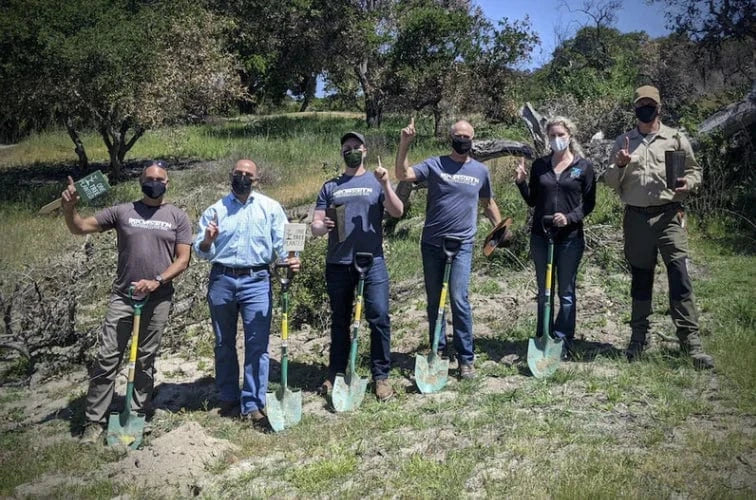
Planting Trees with Congressman Panetta in Support of the REPLANT Act
We were thrilled to plant coast live oaks in Toro park with congressman Panetta! Why? He's a co-sponsor of the REPLANT Act, which will help the U.S. Forest Service plant 1.2 billion trees and create nearly 49,000 jobs over the next ten years to address the growing backlog of nearly two million acres of national forestland in need of reforestation. This is an issue that is compounded by climate change and is expected to only increase as droughts, diseases, forest fires and more continue to degrade United States National Forests. We were also joined by SPCA Monterey County, who rescued over 1,400 animals from the wildfire that burned near this planting site.
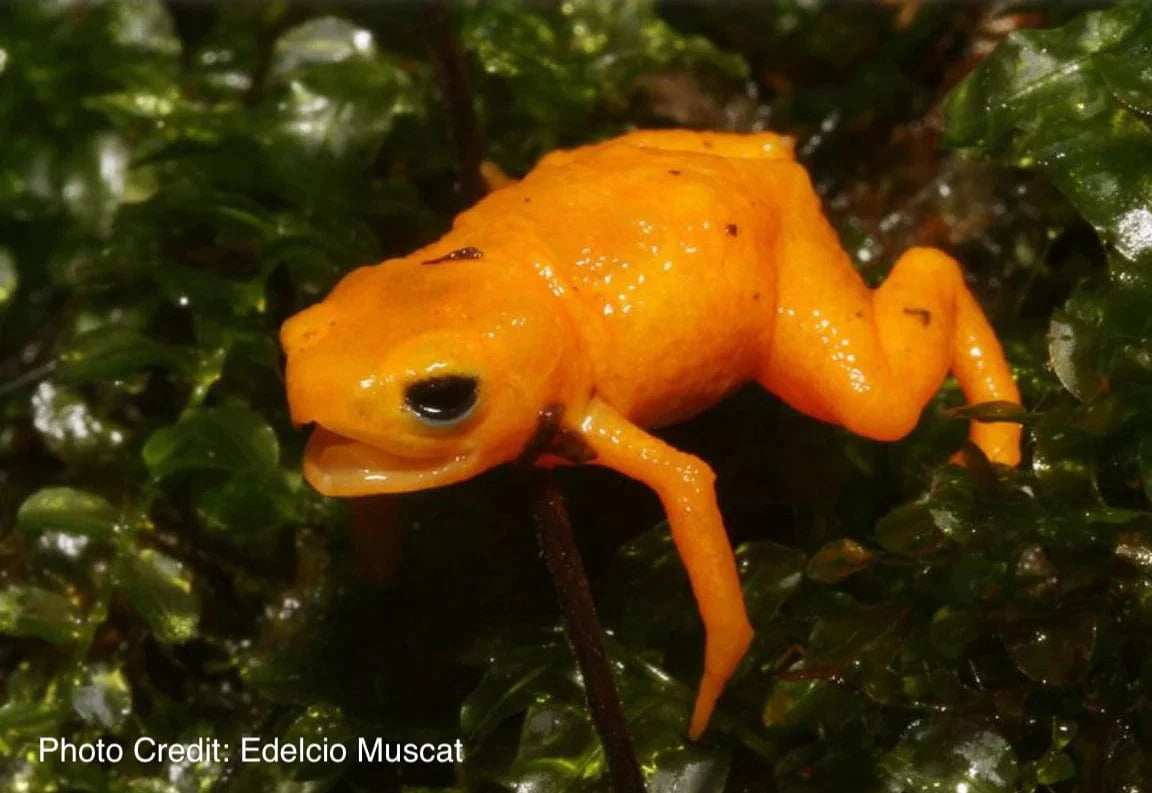
Biologists Discover New Species of Glowing Pumpkin Toadlet
Can you think of any cuter name than Pumpkin Toadlet?! Not to mention, it describes this little guy pretty well. This species is only 1/2 inch long and can be found inside the Amazon Rainforest in Brazil! Researchers are working to preserve Amazon amphibians but the process of identifying species isn't as simple as you might think. Often researchers find themselves disagreeing over what is a valid species identification. Oh, the drama! This is because there is often only a slight variance in genetic makeup between species. Regardless of where this little guy falls, we think he belongs in the ADORABLE category!
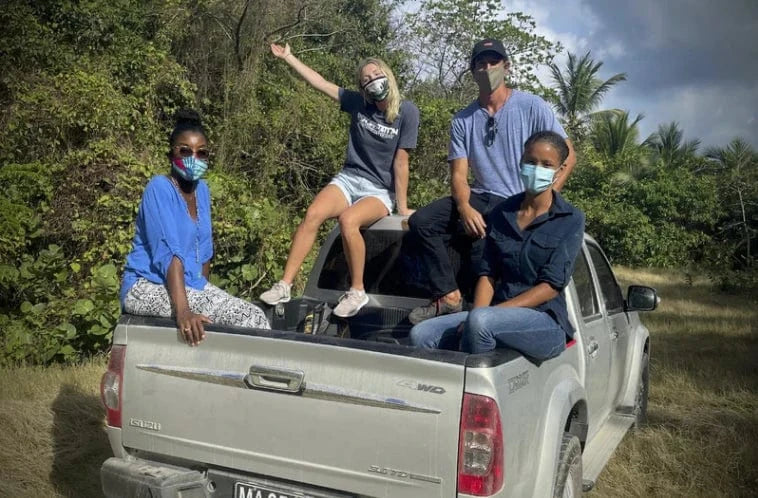
Reforestation Update: The April 2021 Edition
It's Earth Month 2021, and while there are plenty of ways you can celebrate, we happen to think the best way is to plant trees! That said, we have some fantastic projects to cover this month, and we're so excited to share them with you. From Iceland and Texas to Uganda and Barbados, tune in for some fresh-from-the-field updates courtesy of Kyleigh and Nicole. We hope we leave you feeling extra excited about Earth Month and reforestation!
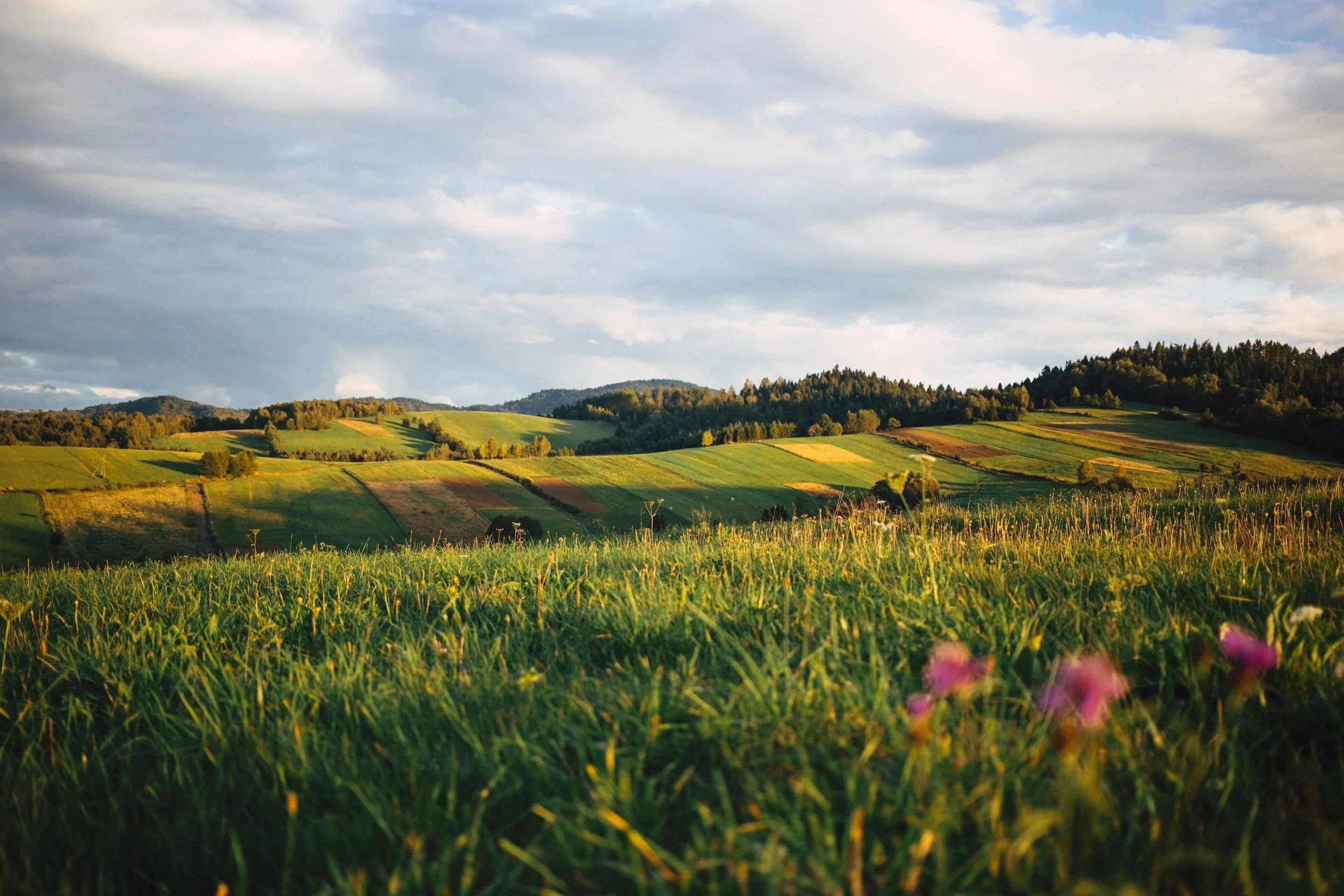
Poland Clinches 'Historic' Deal to Phase Out Coal by 2049
Good news out of Poland! Earlier this week, Poland's government and unions signed an agreement with the coal mining industry to phase out coal production by 2049. In the agreement, Industry representatives agreed to close all coal mines by the target date which, will also include severance payments for workers in the Silesia coal basin. This is a huge step towards Poland's sustainability goals because 70% of the country currently uses coal for for its energy needs. We hope to see big moves like this from other countries soon!
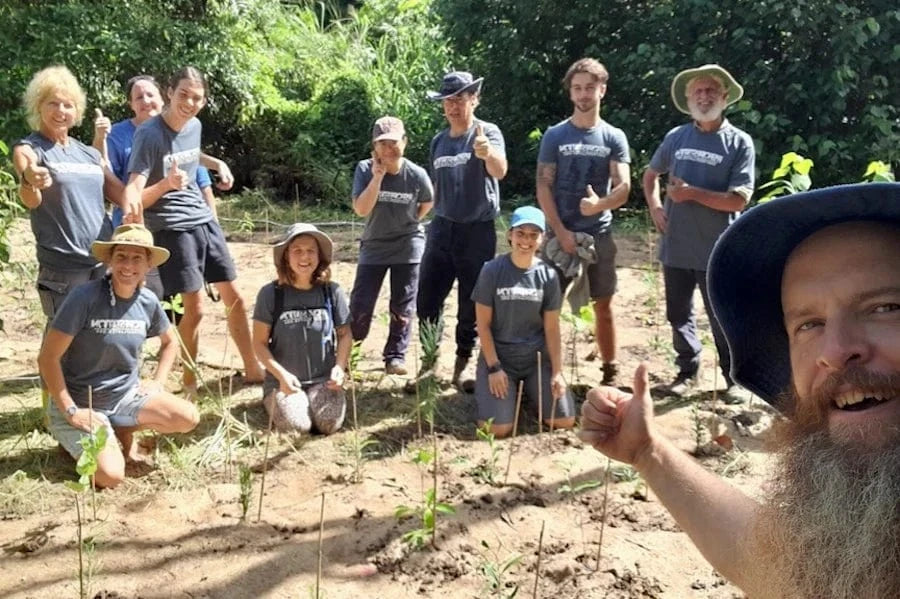
Earth Day 2021: Community Action and Global Partnerships
We're thrilled to share that despite the continued challenges of COVID-19, this was our best Earth Month ever! Throughout the month, 2,204 volunteers got their hands into the dirt and planted 8,450 trees to restore 68 acres at over 43 events to celebrate Earth Day and Earth Month! In addition to local action, significant global partnerships were announced throughout the month that will significantly help us scale reforestation around the world!
Keep the spirit of Earth Month alive! If you didn't make it to a tree planting event, don't worry! You can be a tree planter right at home with our new Instagram filter! If that didn't feel like enough, we've got plenty more good news stories from the past year. And if you're feeling really optimistic, consider planting trees today!
Get news, updates, & event Info delivered right to your inbox:
Related Posts
9 Sustainable New Years Resolutions
18/12/2025 by Meaghan Weeden
Inspirational Quotes About Trees
16/12/2025 by Meaghan Weeden
The 9 Oldest, Tallest, and Biggest Trees in the World
11/12/2025 by One Tree Planted
Popular On One Tree Planted
Inspirational Quotes About Trees
16/12/2025 by Meaghan Weeden
The 9 Oldest, Tallest, and Biggest Trees in the World
11/12/2025 by One Tree Planted
What Causes Deforestation?
10/07/2025 by Meaghan Weeden
Fundraising Disclosures

Be Part of the
Restoration Movement
The Grove is more than just a monthly giving program: it's a vibrant community of individuals who are dedicated to reforestation and environmental restoration on a global scale.
As a member of The Grove, you affirm your commitment to restoring forests, nurturing biodiversity, and fostering positive global change.



